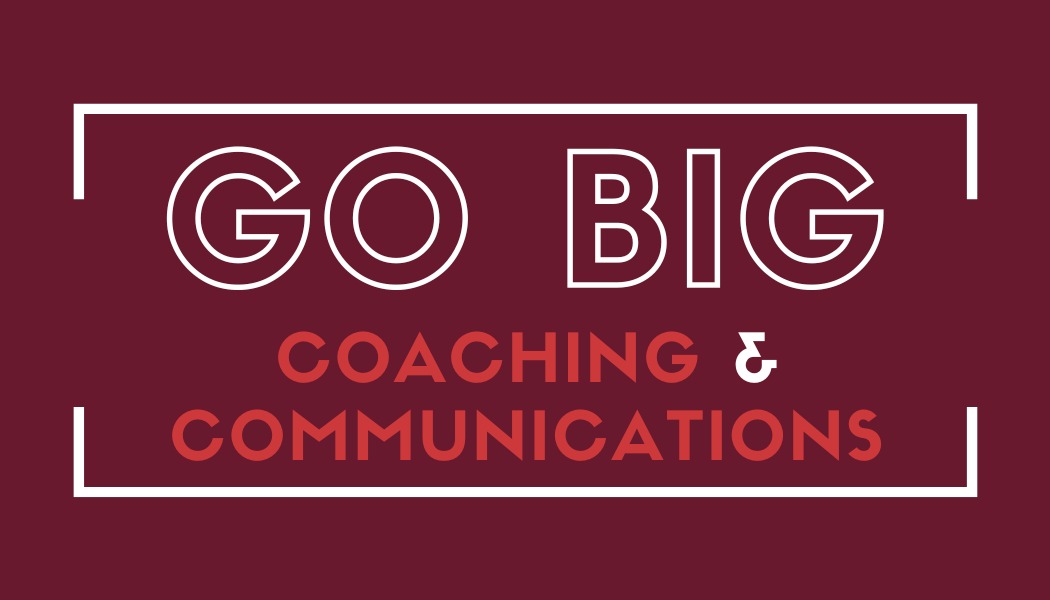In case you’ve read some of my prior blog posts, you probably know that I am a huge fan of journaling. (If you want to learn more about it, check out the top five reasons to journal and types of journaling.) You may not know that I have a master’s degree in literature and language. Read on and you’ll know why I’m saying this here by way of explanation for what’s to come. I really do think about language a lot.
As a rule, in
What do I mean by that? There are certain words we tend to use that may keep us stuck in a negative space, and words we can learn to add that may move us in a more positive direction. The following are some examples from my experience:
But
How often do you add a sentence starting with but when you’ve just written down an accomplishment or something nice about yourself? I am definitely
I should …
Should-ing is an utterly frustrating state of mind. The moment I write—or think—that I should be doing this or that, I immediately get a sense of “not good enough” (replace good by hard-working, reliable, or whatever your inner critic tends to throw at you) and that sucks. So when I catch myself writing should a lot, I ask myself: Why do I feel that’s necessary? It is really? Is it my own expectation or someone else’s? If it’s my own, I try to rephrase and write something like, I want to make time to … That feels much better! If it’s someone else’s, I’ll journal some more about it to see if I can let it go.
Of course
I catch myself using strong terms such as of course a lot. Popular alternatives with me are clearly and definitely, and there are a gazillion other words or phrases you may prefer. Statements that include such strong modifiers are worth a second look because they might indicate a limiting belief, such as “Of course nobody responded to the article I published,” or “Of course it had to rain when I wanted to go hiking.” If you find sentences like that in your journal, you may want to ask yourself why you feel that you don’t deserve the attention, the good time, or whatever it is that
I think vs. I feel
This is exactly what it sounds like: We write I think when we’re in our analytical minds, and I feel when we’re in tune with our emotions. In our lives, we need both of these approaches, but with
Yet
Last but not least, my favorite positive word in this context! Yet is a wonderful modifier to transform those strong and often negative statements into hopeful ones. Let me give you another example from my life: When I moved to the U.S., a predominant sentiment was “I can’t coach here. People communicate too differently than where I am from—much less directly, that is—so it wouldn’t work.” That’s a pretty frustrating
Now add yet to this sentence: “I can’t coach here YET.” That’s a totally different story, right? It means to take some time, settle in, get to know people and their style of communication, and then, when feeling comfortable about all that, getting started again. And that’s exactly what I did. Try adding yet to one of your I can’t statements and see how it feels!
I hope you’ll find these language tips helpful—not only for journaling but for any kind of communication, especially also for the ongoing self-monolog our monkey mind usually spits out. Just by watching out for these patterns, the blah blah won’t go away, but you can give it a positive spin—and that can make a huge difference for our everyday lives when your actions follow your changed thought patterns.
